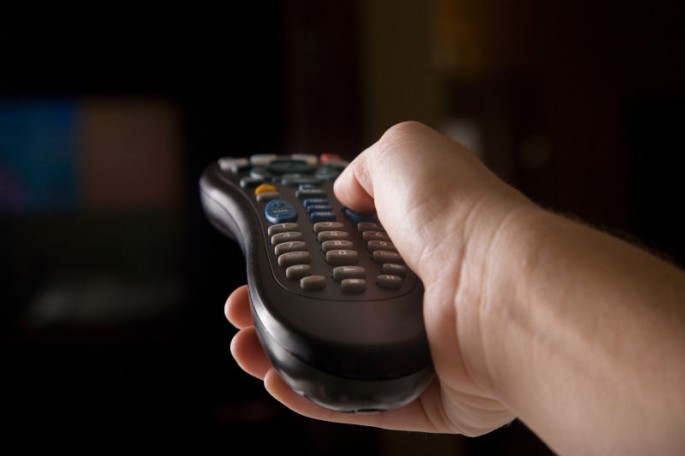The days of the pay-TV set-top boxes may soon come to an end soon. The Federal Communications Commission (FCC) will be voting later this month on rules requiring pay-TV providers to make free apps available that would work on video game consoles and other devices.
FCC Chairman, Tom Wheeler who brought up the proposal in January has emphasized on the issue of unlocking the set-top boxes. In February, the five-member commission voted 3-2 to commence the rule-making process.
Meanwhile, Wheeler has changed his strategy over the seven-month process. As proposed initially, new rules would spur pay-TV providers and other third-party innovators to create apps plus new mean that could bypass traditional boxes that serve to deliver digital signals to TVs.
In an editorial published in the Los Angeles Times, Wheeler said that the rules which he has distributed to the other commission for a vote at its Sept. 29 meeting, should maintain "the delivery of pay-TV programming overseen by pay-TV providers from end to end." This came after consulting with content companies, consumer groups, pay-TV companies, developers and others.
Instead of the pay-TV companies licensing a content protection system that third-party software developers or device makers could use to make new TV interfaces, as the original proposal, the new rules suggests pay-TV providers themselves to make free apps that consumers can use. Third-party developers could still work with pay-TV providers for apps and devices, too.
According to Wheeler, the end result will just be the same. He noted that if adopted, such consumer-first rules would set the way for a competition among providers which will enhance the TV-watching experience. In a blog on the FCC website, consumers will not have to rent a set-top box just to enjoy the programming they already pay for.
The new rules would protect both licensing agreements and current copyrights. Pay-TV providers will have to make free apps and avail them on all popular platforms such as iOS and Android devices, Amazon Fire, Roku and video game consoles.
These Apps will provide all linear and on-demand programming that are available through standard set-top boxes. With the apps, consumers will manage to search pay-TV content and content on other Net TV services like Hulu and Netflix.
On the other hand, large pay-TV companies like AT&T, Verizon and Comcast will have two years to provide such new apps, Wheeler notes. The other Medium-sized pay-TV firms will additional two years to comply, with the smallest companies exempted.
FCC is following instructions from Congress, which back in 2014 asked the FCC to increase set-top box competition. Tech companies, Consumer groups and software developers supported the proposal. But pay TV providers argued that the FCC's original intention would not be necessary and may not work, as the National Cable & Telecommunications Association and AT&T contend in a letter earlier this week with the agency.
Read my LAT piece outlining how my proposal will give consumers more options to access pay-TV content https://t.co/dAR3Vr1MaH #UnlocktheBox
— Tom Wheeler (@TomWheelerFCC) September 8, 2016
In the letter, the firms' notes that programmers, which license content for broadcast, would not be able to control the content they had the rights to. pay-TV companies also voiced concerns about the privacy of their subscribers' data.
Senior counsel at consumer advocacy group Public Knowledge, John Bergmayer, said that Wheeler was on the right track. Sen. Edward Markey also supported Wheeler arguing that, should the proposal be approved, TV lovers would be the beneficiaries of the FCC's work.
However, not all on the commission are on the idea that the rules are needed. Commissioner Michael O'Rielly, who together with fellow Commissioner Ajit Pai, voted against the initial rule-making process, has said the market is moving to apps on its own.
The FCC vote is scheduled for Sept. 29.
Watch a video of FCC move that will see users ditch their cable set-top box here:



























